10 Symptoms of an Antisocial Personality Disorder
Antisocial Personality Disorder is among the most destructive of all personality disorders 1https://www.psychologytoday.com/us/conditions/antisocial-personality-disorder. It has the ability to adversely affect not only the life of the person with the disorder but also the lives of people around them. It is generally typified by a lack of consideration for other people and aggressive, often violent, behavior.
A person with Antisocial Personality Disorder is likely to commit actions that get them into trouble with authority. Their actions are also likely to hurt others around them and they may even deliberately target other people for their own personal gain. Some of the symptoms can be quite alarming and potentially harmful; it might be necessary to seek professional help if several symptoms persist.
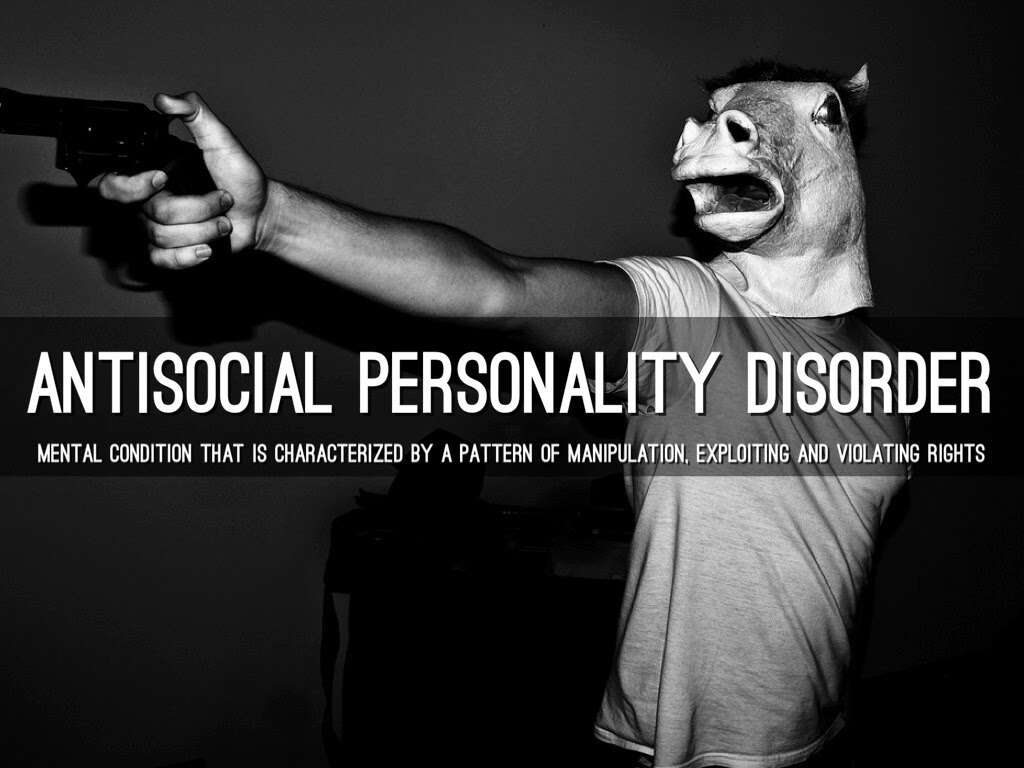
Symptom #1: Dishonest
Most of us have an innate moral sense that lying to others is wrong. We often feel the need to be honest with other people and any lies that we tell may eat away at us internally. Even the smallest of lies can make us feel uncomfortable.
Someone with Antisocial Personality Disorder will be very comfortable with lying, no matter what effect it may have on others. They may continue to lie about their actions even if it means other people will be blamed as a result. They may also be willing to deceive people for their own personal gain.

Symptom #2: Manipulative
People with Antisocial Personality Disorder can often be very charming and witty. This helps them to gain favor with others, winning people over emotionally and managing to convince them that they can be trusted, even when that trust is abused at the expense of other people.
Somebody with Antisocial Personality Disorder will often be happy to manipulate other peoples’ emotions to help them get what they want. Emotional blackmail is a common tactic, and they might even use such techniques for no other reason than they take pleasure from it. As a result, relationships tend not to be long-lived as people choose to steer away from their harmful actions.
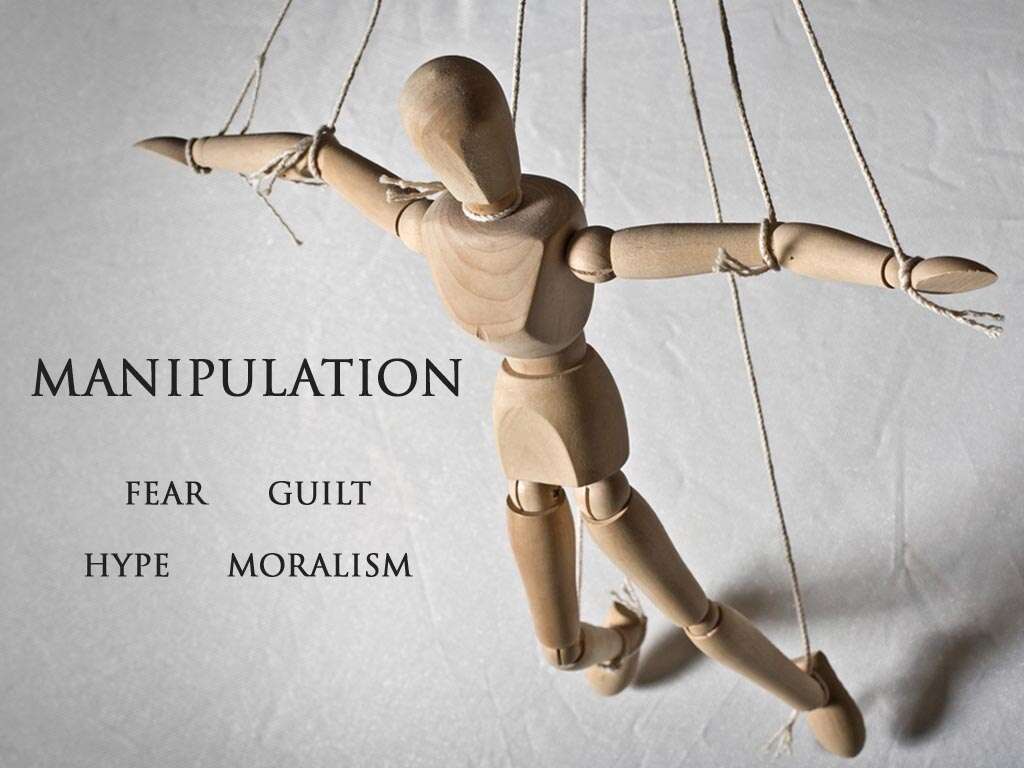
Symptom #3: Law Breaking
Most of us will try to keep within the law as much as possible. Even if we don’t respect particular laws ourselves, we will generally abide by them to avoid getting into trouble with the authorities. It is usually only out of desperation that many people will even consider breaking a law as they would prefer to live a hassle-free life instead.
However, people with Antisocial Personality Disorder will often have complete disregard for laws. Whereas most of us may be deterred by the likelihood of being caught, people with antisocial personality disorder will break the law regardless of the consequences. They will also hold little consideration for the effect their actions will have on others.
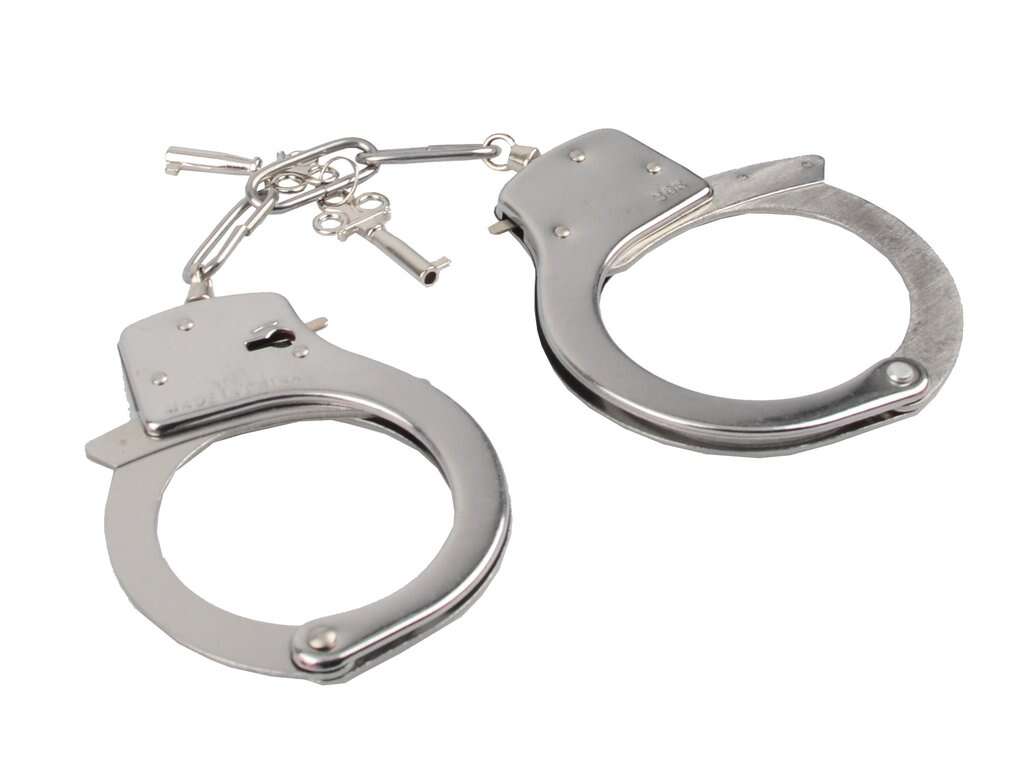
Symptom #4: Risk Taking
Every now and then we need to weigh a risk against the potential reward. If the reward is great enough and outweighs the risk, then we may go ahead and take the plunge. Often though, we decide that the reward is just not worth it and avoid taking the associated risk.
People with Antisocial Personality Disorder are far more likely to take the risk regardless of how small the potential reward may be. This contributes to the likelihood of being in trouble with the authorities considerably more often than people who take a more balanced approach to risk-taking.

Symptom #5: No Remorse
When living in a society, we as members need to follow certain rules in order to make that society function. This includes treating each other with respect and consideration. Over the centuries we have developed emotions such as remorse that help all of us stick to the rules. Sometimes though, not everybody experiences such emotions.
People with Antisocial Behavior Disorder tend not to feel remorse for their actions. This makes it easier for them to harm people, and they will often do just that if they gain from it personally. Their only concern is their own well-being, with little to no concern for the people they are hurting.

Symptom #6: Irresponsible
It is hard to avoid responsibilities in life. For example, the vast majority of us need to work in order to support ourselves. Maintaining a job requires responsibility though, and such responsibility is often lacking in people with Antisocial Personality Disorder.
One result of the disorder is that sufferers will often lose their jobs. This can then contribute to their problems with authorities as they turn to crime to generate an income for themselves. Instead of taking responsibilities for their actions, the disorder causes them to lay the blame on others.
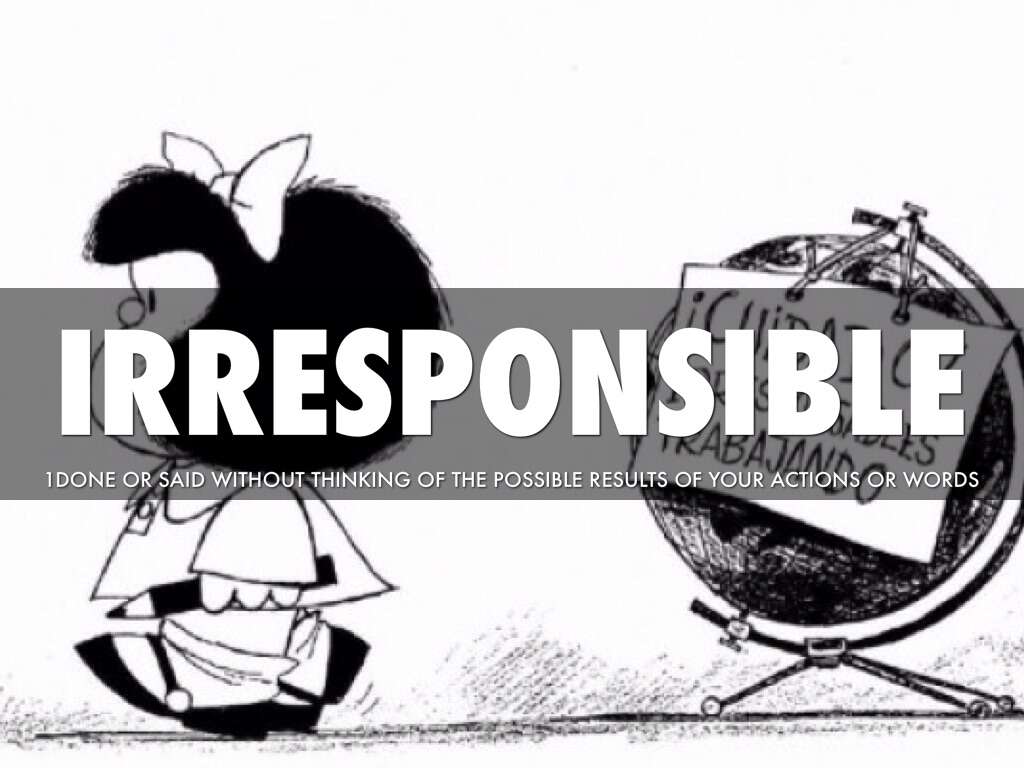
Symptom #7: Substance Abuse
Risk taking and the lack of responsibility in people with Antisocial Personality Disorder can also lead to problems with substance abuse. Not only do they have little consideration for other people, they also tend to have little consideration for their own health. Whereas other people may use alcohol and drugs in moderation, people with Antisocial Personality Disorder tend to abuse alcohol and drugs due to a lack of self-control.
Substance abuse is also likely to exacerbate existing problems. Antisocial behavior is likely to increase, and these habits also place further strain on their finances. It is also considerably harder for people with antisocial personality disorder to be treated in rehabilitation.

Symptom #8: Unhealthy Relationships
Some relationships are better than others, but most of us will eventually find the right partner. It is not uncommon for relationships to have their ups and downs, but most will run smoothly and be beneficial to both partners.
In people with Antisocial Personality Disorder, relationships are far less likely to be healthy. The lies and manipulation cause strain in the relationship. Troubles with the authorities and insecure finances can also add to the problems. People with the disorder are also more likely to be prone to violence, meaning their relationships may involve physical abuse as well as emotional abuse.
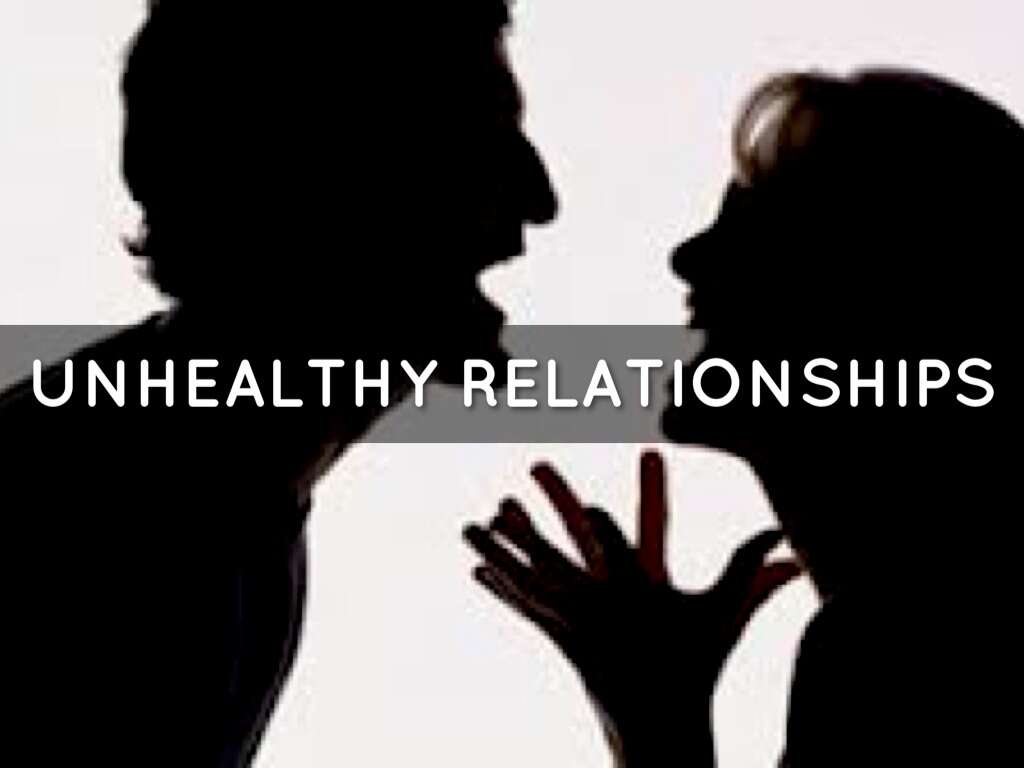
Symptom #9: Hostility and Aggression
While people with Antisocial Personality Disorder can turn on the charm when it suits them, they can also be very hostile and aggressive. They can quickly become agitated with high levels of irritability. They will also often display arrogance and expect other people to fall into line.
Their high levels of aggression mean that violence is often not far away. They can be quick to turn even in public places, and it is not uncommon for them to get involved in physical fights with other people. They can be very difficult to reason with and much more likely to be defensive and aggressive rather than resolving things by talking them over.

Symptom #10: Impulsive
Acting impulsively can be fun. Spontaneity can open the door to so many great opportunities and experiences. As positive an experience as impulsivity can be however, it can also have very negative consequences if not done with some degree of consideration. Act impulsively with no inhibition whatsoever and you can get yourself into some very difficult situations.
People with Antisocial Personality Disorder are prone to act very impulsively indeed, jumping into situations without first giving any consideration to the results of their actions. This can place them into situations that are likely to get them in trouble with the authorities. Their highly impulsive nature can also cause them to put themselves and other people in harm’s way.











